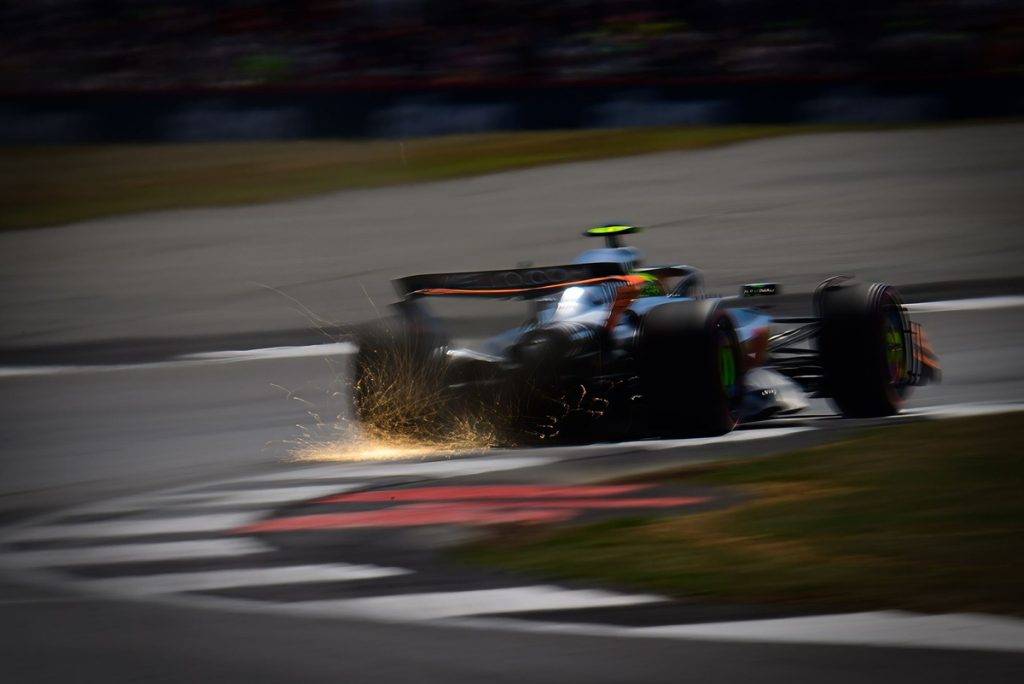F1 Chief Considers Shortening Race Weekend Practices
Stefano Domenicali, the CEO of Formula 1, has suggested a radical overhaul of the race weekend format, proposing the reduction or complete removal of free practice sessions. This move has sparked a wave of nostalgia among long-time fans and journalists alike, conjuring memories of what was once an essential part of the racing experience: the lost morning warm-up sessions that helped set the stage for race day excitement.
The Irreplaceable Allure of Lost Track Time
The idea of eliminating crucial practice sessions may be rooted in maximizing efficiency and viewer engagement, but many, including seasoned journalists and die-hard fans, lament the loss of those early-morning warm-ups. These sessions were not just an opportunity for teams to fine-tune their cars; they provided a unique atmosphere that enriched the entire race weekend.
A Glimpse into the Past: Morning Warm-ups
Remembering the allure of morning warm-ups evokes a sense of nostalgia for fans who relished the thrill of witnessing their favorite drivers just hours before the race. The buzz at British circuits as engines roared to life and the familiar smell of fried bacon permeated the air created an electric atmosphere that enhanced the viewing experience.
Recollections of iconic cars, like the Lotus 80, showcased during these sessions remind us of the palpable sense of anticipation that can only be appreciated in person. For some fans, these less formal times were gold, offering a sneak peek into the evolving aesthetics and designs of cars that might ultimately shape a race.
The Narrative of Racing: Beyond the Track
Domenicali’s proposal raises questions about the heart of motor racing: its rich narratives. The most compelling stories unfold over time, evolving from practice to qualification and culminating in the race itself. This layered storytelling is what drew many to the sport initially, fostering a connection between fans and their racing heroes.
Compelling Rivalries and Historic Moments
Take the legendary rivalries between drivers like Ayrton Senna and Alain Prost, or the allure of major events such as the Le Mans 24 Hours, which captivate fans over extended periods. Just as Test cricket has found its niche amid the rise of shorter formats in the sport, so too does the allure of a well-structured race weekend retain significant value, allowing narratives to flourish.
Changing Times: The Future of F1
While Domenicali’s vision may cater to an increasingly screen-centric audience, it raises concerns among those who have lived through the sport’s evolution. The call for a revamped weekend format might be aimed at appeasing a newer, younger generation of fans, but it risks alienating those who cherish the traditions and rituals that define F1.
As Formula 1 navigates its future, the balancing act between innovation and tradition will be key. For those of us who miss the early morning warm-ups, the memories of experiencing iconic racing moments firsthand remain cherished—no amount of rebranding can wholly replicate that unique thrill.


